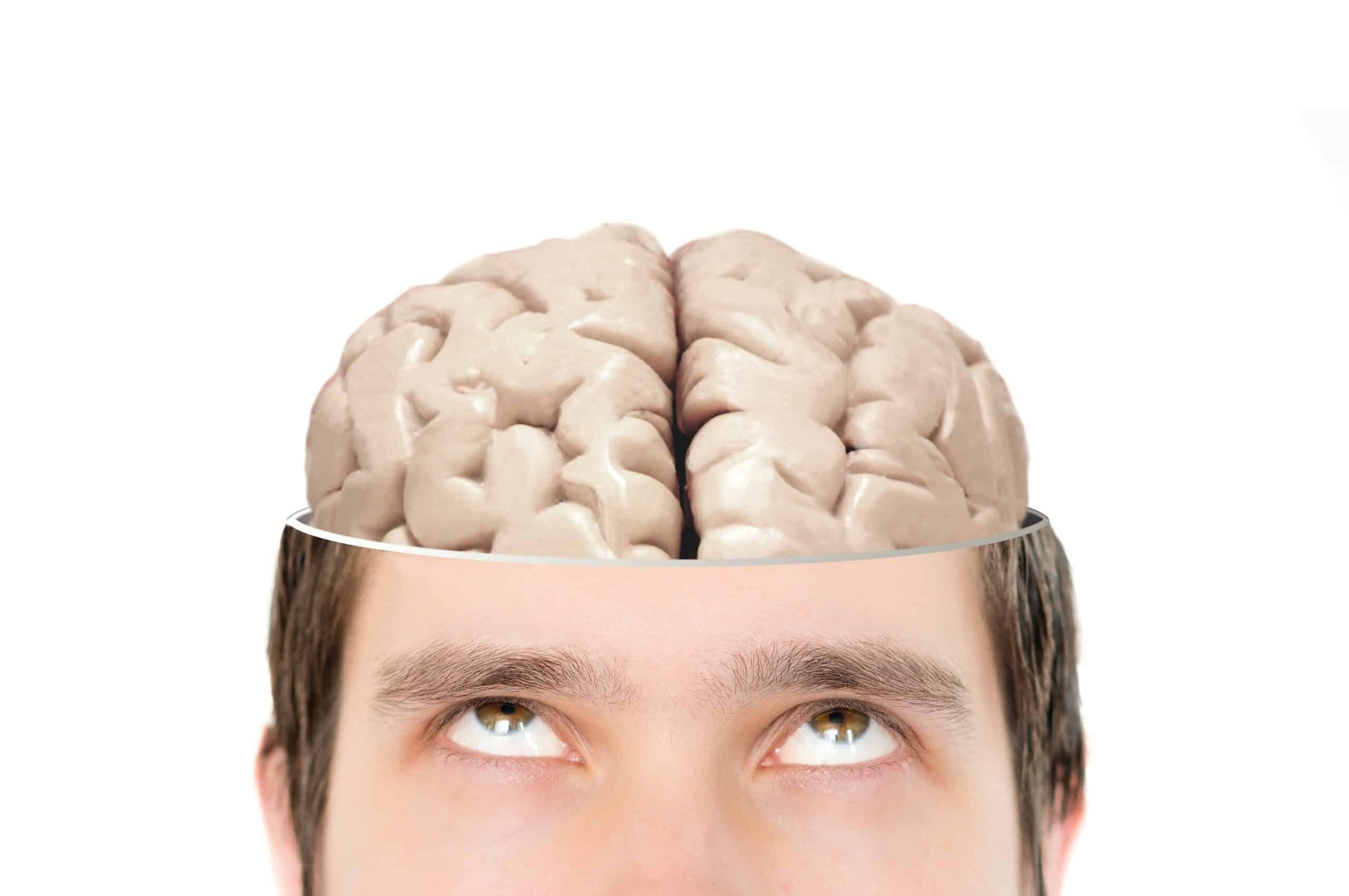Why Heroin is Rewarding to Many People
Running is a test of endurance, but it’s not just a mind over matter hobby. It is one thing to talk about the health benefits of running and commit to it daily- even if we don’t love the idea of breaking a sweat and getting our heart rate up. But it’s another thing to talk about what is happening in the brain while we run- and what drives us to keep doing it. Scientists have found that the hormone leptin, which signals the body when it has enough fuel and energy, plays a role during running. Running causes a drop in leptin levels, and this sends a signal to the brain’s pleasure center to tell the body that running is rewarding.
While the process is different, this reward mechanism in the brain occurs in heroin use as well. Heroin is converted to morphine when it enters the brain. The high that people feel is often described as a rush- a surge of pleasurable sensations. The intensity of the rush depends on how quickly the drug binds the brain’s opioid receptors and how much heroin is taken at once. The more potent the heroin, the greater the response of our brain’s reward system. And the greater the reward response, the stronger the addiction to heroin.
No Risk, No Reward
This helps us understand why heroin addiction is so powerful. When the brain interprets the high of heroin as a reward, the body craves it more and more. This reward mechanism in the body is very familiar to the runner, who begins with a 5k, then a 10k, and eventually a marathon. The sense of reward is a powerful motivator for runners to pursue greater feats. And while running helps blood flow in the body by increasing heart rate, heroin use lowers heart rate– sometimes to deadly levels.
As heroin users continue chasing the greater reward (the high), there is also a greater risk that comes with the territory. Like other illicit drugs, the dangers of heroin can vary due to dealers cutting the drug with other additives. There is no way to know exactly what is in each dose of heroin, which increases the risk of overdose significantly. Heroin addiction is a mindset that assumes the reward is greater than the risk. But eventually, the risk becomes a reality. Even if users don’t overdose from heroin, the long-term effects are debilitating and often permanent. Ongoing heroin use deteriorates white matter in the brain, a tissue with millions of nerve fibers that control a wide range of functions, including our ability to concentrate and regulate behavior.
Re-thinking Reward
It’s easy to shrug our shoulders when we think about the reckless behavior of heroin users. Why would someone be willing to use something that is so dangerous? It’s important to remember that heroin addiction is about the reward, not the risk. When that reward is not felt, users experience a range of withdrawal symptoms, from lack of motivation to severe depression. As the body assumes that it is being deprived of a reward, the drug is not only craved; it’s needed.
This means that in order to overcome heroin addiction, our brains need to re-think the reward. Because of the risks associated with heroin withdrawal and overdose, professional treatment should be used. But this doesn’t mean that there aren’t helpful changes we can make ourselves. We can re-think reward by replacing heroin use with something else that carries a reward mechanism: Running! In fact, doing this is called recovery runs, where a running routine can help conquer the reward craving of heroin. The reward of running is a natural process without the risks associated with heroin use. This re-thinking of reward can help reverse the effects of heroin use while making a positive difference in our personal health.




